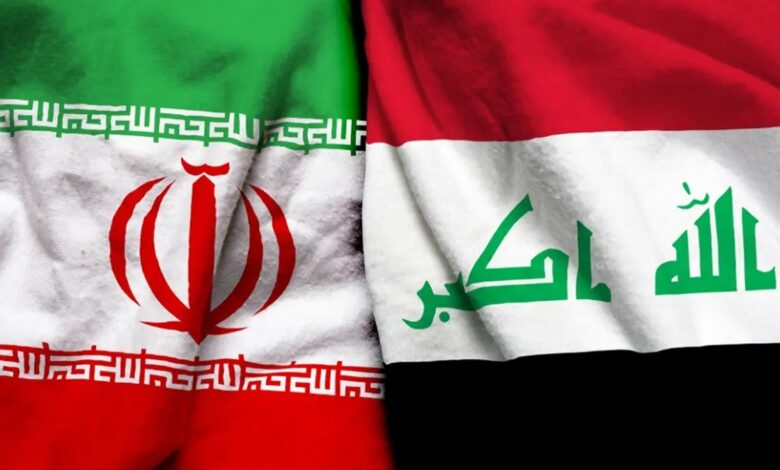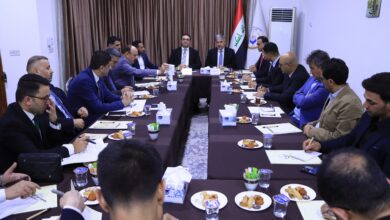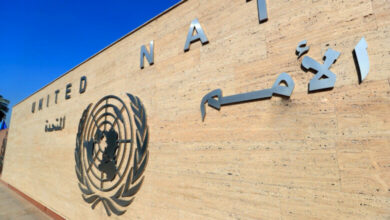Study of Opportunities, Constraints, and Influential Factors in Iranian-Iraqi Relations

A Group of Researchers
Iraq is a neighboring and strategically important country for the Islamic Republic of Iran. Over the past centuries, particularly since the beginning of the twentieth century, following the fall of the Ottoman Empire and the establishment of the Iraqi government, Iraq has acquired a special and distinct status in Iranian foreign policy due to its intertwined history, culture, religion, and even ethnicity. On the other hand, the shared border between Iran and Iraq extends for more than 1,400 kilometers, making it the widest border Iran has with any neighbor. As history shows, Iraq has always had an impact on Iran’s national security and interests. For this reason, Iraq holds a special and distinguished place in Iran’s foreign policy system under all circumstances. Considering Iraq’s geographical location relative to Iran, it serves as the eastern gateway to the Arab world. One of the tools of Iranian foreign policy is to invest in and export its cultural capacities, particularly to the Arab world, for communication and cultural exchange. Another factor that gives Iraq a special status in Iranian foreign policy is the direct impact of Iranian-Iraqi relations on the regional standing of the Islamic Republic of Iran, given Iraq’s potential to become a force affecting Iranian security and economic interests in the region. The last decades of the previous century, both before and after the Islamic Revolution, have witnessed clear examples of this. Iraq can also play a synergistic and allied role with Iran in economic fields such as oil, legal issues, and international forums. This study examines the political, economic, social, and cultural factors that influence Iranian-Iraqi relations.





